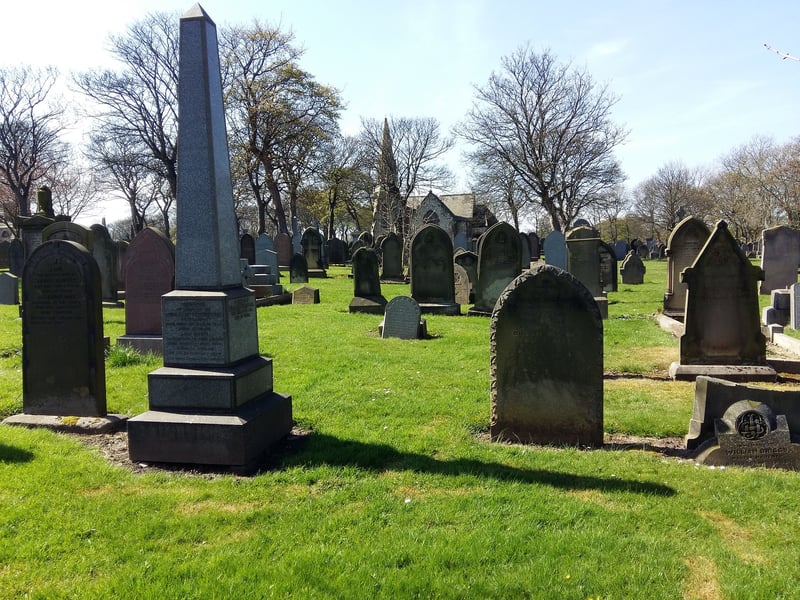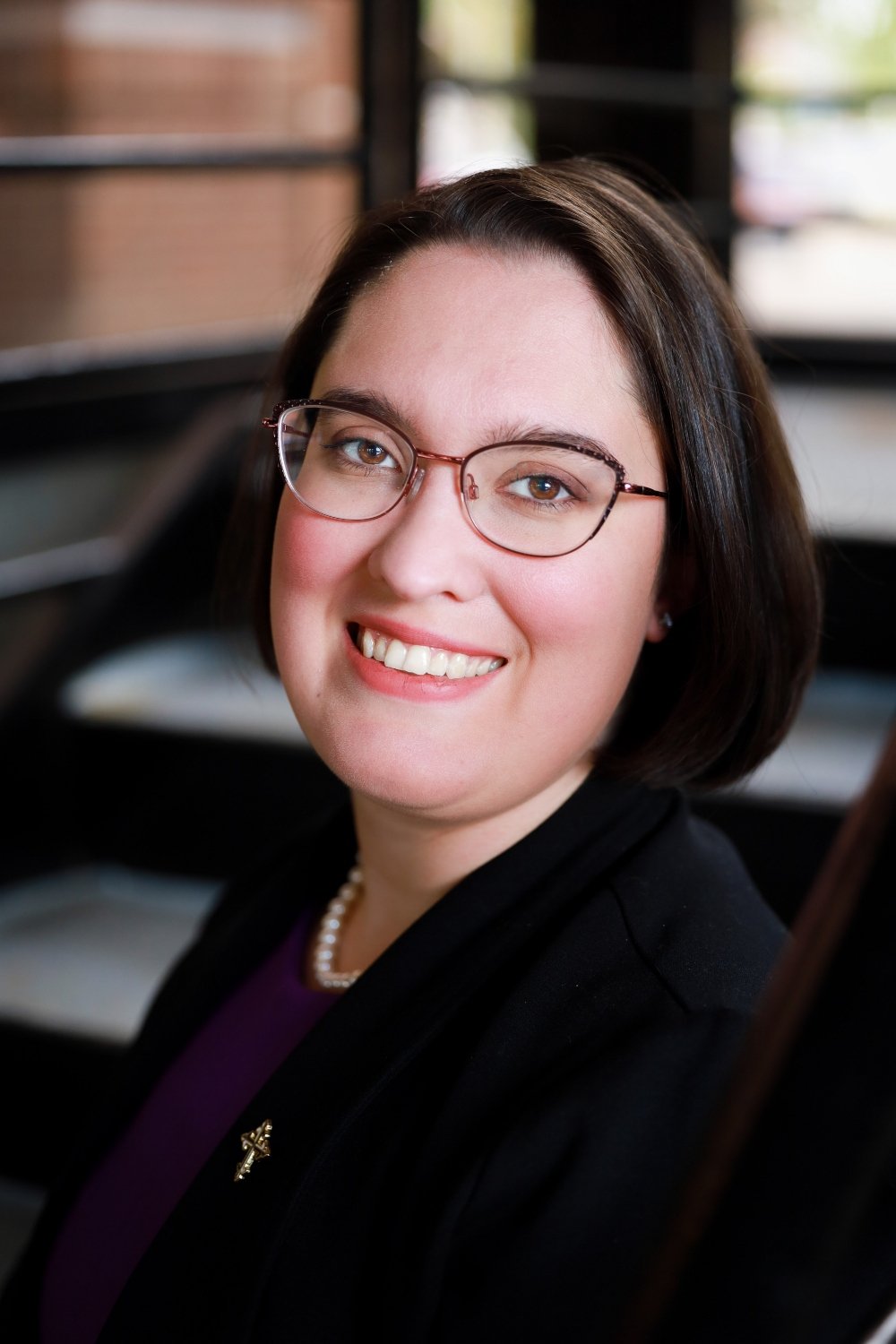 Via
Pixabay (2016), CC0 Public Domain.
Via
Pixabay (2016), CC0 Public Domain.
Death has been on my mind frequently this year. A childhood friend died suddenly and tragically this summer; a mom from my old homeschool group passed away from cancer; and the first anniversary of my grandmother’s death is approaching. No doubt in your own lives, you’ve attended at least one funeral of a friend or loved one in the past twelve months.
A priest friend always pointed out in his funeral homilies that death is supposed to be repulsive. We were created as body and soul, meant to reach eternity together. To see those two elements of our nature sundered is to be shaken to the core of our being. And we are right to grieve, because if we did not feel a sense of loss at the death of a loved one, how deeply could we have loved them? Death, and her sister grief, are a result of Adam and Eve’s fateful choice in the garden. Their choice also set up the great uncertainty of our humanity: where will we end up after death?
As Catholics, we know and believe that there are three possible answers to the question of our immediate fate. Ultimately, of course, there are only two: heaven, where souls enter into the Beatific Vision, and hell, where they…don’t, which is the greatest punishment for divinely created beings! Happily for us imperfect creatures, God gives us Purgatory also: a state where, if we are not worthy to see God because of our sins, but have not rejected His grace utterly and died in mortal sin, we may be cleansed and purified to enter into God’s presence. The best bit about Purgatory is that souls can be aided in their purification by the prayers of the Church Militant.
When a friend dies, we don’t know their fate. Hardened sinner or devout believer, sudden accident victim or an anointed hospital death, we can never be certain of the final state of a soul. But we like knowing things, don’t we? And therein lies the true tragedy of grief. Not only do we mourn a death, but also we must accept the uncertainty of our loved one’s fate.
[Tweet "Tragedy of grief: mourning death, accepting uncertainty. By @cathlitgeek"]
It is easy for us, the living, to slip into a false hope. When words fail, as they must, we console each other by saying “at least she is in a better place” or “he is out of his suffering.” Quieting platitudes though these are, these phrases threaten to undermine our faith. Sadly, we don’t know whether our grandparents, friends, or children really are in a better place. But this should not make us angry or despairing! As St. Paul says, “We do not want you to be unaware, brothers and sisters, about those who have fallen asleep, so that you may not grieve like the rest, who have no hope. For if we believe that Jesus died and rose, so too will God, through Jesus, bring with him those who have fallen asleep” (1 Thess. 4, 13-14).
And so we have funerals. Funerals, and praying for the dead at any time, turn our grieving love into true charity (there's a reason why "burying the dead" is a work of mercy!) A funeral Mass allows us to unite our prayers with the greatest death of all time, our Savior’s sacrifice on Calvary. Our tears and pleading for God’s mercy are joined with Mary’s at the foot of the cross, and with Christ Himself as He prays “It is finished.” We don’t have to helplessly face the spiral of our emotions. We can still love, even in death; we can still sacrifice, and give, and help our friend even if she lies still in a casket. We hope for heaven, but we pray in case of Purgatory; and our prayers have a real effect.
In grief, our deepest beliefs about God, humanity, and love emerge. We can meet the tragedy of death with an atheist’s despair and a blindness to the Lord’s mercy; or we can meet it with a kind of numbed resignation. Or, best of all, we can rely on our faith, pray for the faithful and unfaithful departed alike, and evangelize through our hope in the all-seeing mercy of God, the just judge.
Copyright 2016 Rebecca Willen
About the Author

Rebecca W. Martin
Rebecca W. Martin, a trade book Acquisitions Editor for Our Sunday Visitor and Assistant Editor at Chrism Press, lives in Michigan with her husband and too many cats. A perpetually professed Lay Dominican, Rebecca serves as editor for Veritas, a quarterly Lay Dominican publication. Her children’s book Meet Sister Mary Margaret will release in fall 2023 from OSV Kids.


.png?width=1806&height=731&name=CatholicMom_hcfm_logo1_pos_871c_2728c%20(002).png)
Comments